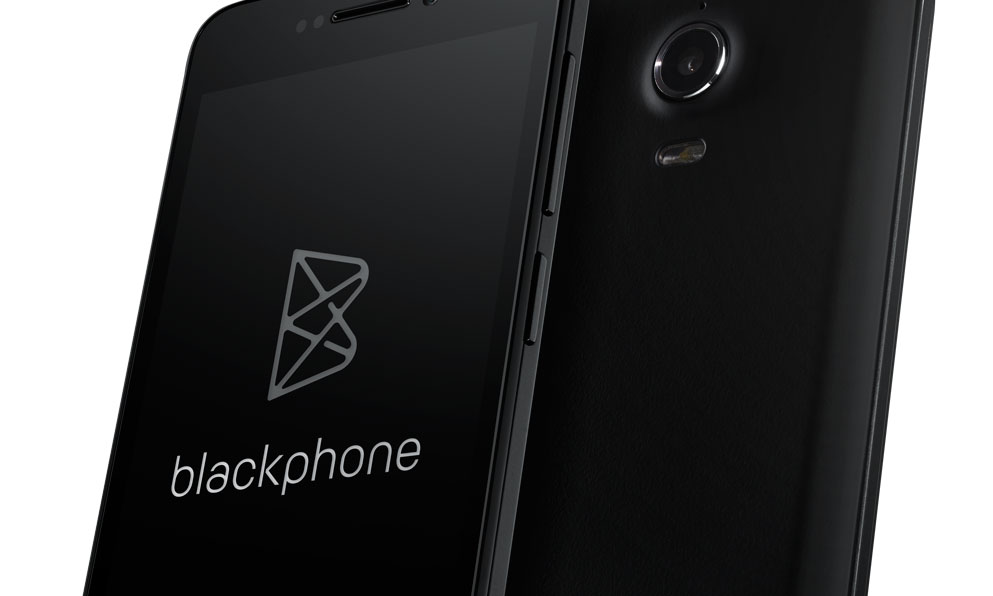
GSMA’s Mobile World Congress Becomes Ground Zero for Privacy
From the devices on display to the chatter in some of the sessions, the Barcelona tradeshow that defines the mobile agenda for the year ahead saw a heavy focus on personal privacy issues this time around.
At Barcelona’s Mobile World Congress (MWC), one of the most fascinating devices on display was a product called the Blackphone 2, a smartphone device whose biggest selling point is what it doesn’t do.
The phone, a product of the data encryption firm Silent Circle, claims to be one of the most secure phones out there. The device relies on a custom-built operating system that allows users to make calls and send texts with full encryption. It’s a single-minded approach that the big players, like Samsung and Apple, can’t compete with to the same degree. It also helps that the phone’s parent company was cofounded by Phil Zimmermann, who created PGP, one of the linchpin products of modern encryption.
Conversations about privacy weren’t limited to Silent Circle’s offerings at MWC, however. Much of the talk at the conference, organized by the GSM Association (GSMA), rotated around the industry’s need to build public trust and ensure promises around user privacy can be kept.
GSMA’s own research emphasizes that such issues are important to mobile users. A 2014 study on mobile-privacy considerations [PDF] found that, among other things:
- 83 percent of mobile internet users have concerns about sharing personal data when using their devices.
- 65 percent of app users check into an app’s privacy requirements before installing it on their devices; another 48 percent of mobile app users said they would limit their use of apps if they felt it would better safeguard their privacy.
- 81 percent of mobile users think that having the option of giving permission to third parties is important.
- 60 percent of mobile users want consistent rules to address what companies can access when using a mobile device.
Fittingly, the conference had a tight focus on privacy and related issues. At one point, the security firm Kaspersky took time to shine a light on cyberbullying, which the company noted was a significant risk for children. (Just this week, former Major League Baseball star Curt Schilling had to take online insults against his daughter into his own hands.)
“The Internet brings a great many benefits, but unfortunately it also allows certain people to unleash their destructive human traits, and cyber-bullying has become a widespread problem today,“ Kaspersky President and CEO Eugene Kaspersky said during a panel session. “For its victims, the psychological damage can be massive and long-lasting. There’s probably no purely technological answer, but we must talk about it to raise awareness of this issue and help young people and their parents safely make the most of the good things the Internet has to offer.”
Other security firms at the event lamented the takeaways that so-called free apps had to offer. (Since the last MWC, for example, Apple had to change the language in its App Store to discourage the idea that its apps were “free.”)
“There are no free apps, no free cloud storage, no free webmail. They all end up monetizing one way or another,” F-Secure Chief Research Officer Mikko Hypponen said during a Monday session, according to ZDNet.
Many of those on the panel that included Hypponen suggested that privacy should be a key concern at the corporate level. That was something that Silent Circle’s Zimmermann agreed with.
“Enterprise privacy is the collective privacy of all the individuals in the enterprise,” the Blackphone 2 mastermind said during a panel of his own, according to Infosecurity Magazine. “Personal privacy has become an enterprise issue.“
Is your organization treating it as such?
(Silent Circle)






Comments